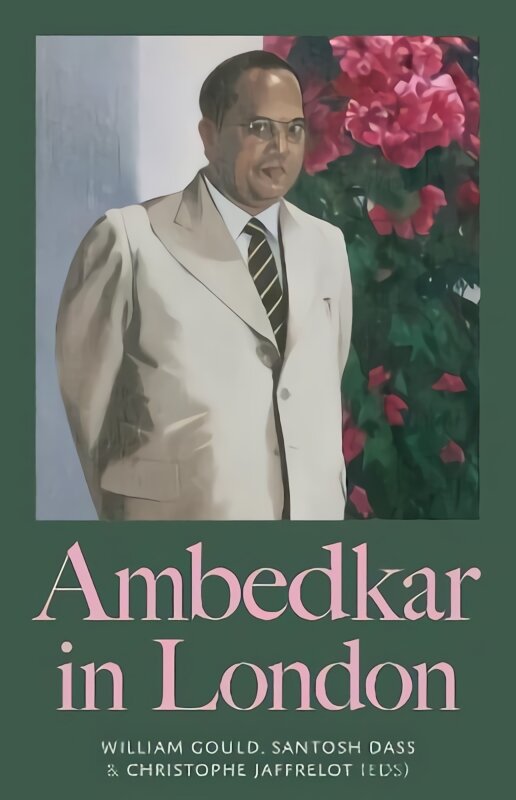Dr Bhimrao R. Ambedkar (1891-1956) was one of India's greatest intellectuals and social reformers; his political ideas continue to inspire and mobilise some of the world's poorest and most socially disadvantaged, in India and the global Indian diaspora. Ambedkar's thought on labour, legal rights, women's rights, education, caste, political representation and the economy are international in importance. This book explores his lesser-known period of London-based study and publication during the early 1920s, presenting that experience as a lens for thinking about Ambedkar's global intellectual significance. Some of his later canon on caste, and Dalit rights and representation, was rooted in and shaped by his earlier work around the economy, governance, labour and representation during his time as a law student and as a doctoral candidate at the London School of Economics. The Indian diaspora in the UK is the country's single largest national minority. This volume connects Ambedkar's influence during his lifetime, and his legacy today, to this early phase of his career and intellectual life in London, and its immediate aftermath. It contains new material on the establishment of the city's Ambedkar Museum, explores Britain's Ambedkarite movement, and charts the campaign to outlaw caste discrimination in the UK.
